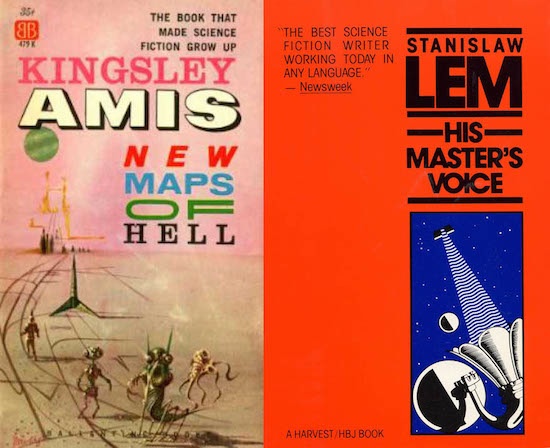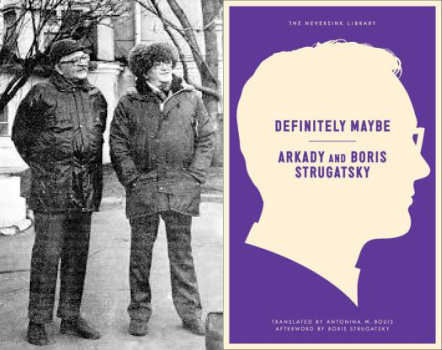Ken Liu is a Chinese-born American writer whose body of translations and original fiction is helping shed light on the current boom of science fiction and fantasy writing in China to English-speaking audiences. A lawyer and programmer by profession, he made his publishing debut with “The Paper Menagerie,” a short story about a mail-order bride and her son coping with cultural alienation through the care of sentient origami animals. The story swept the science fiction and fantasy establishment, garnering the Hugo, Nebula, and World Fantasy Awards in a stroke. Many more stories and translations were to follow.
Liu first came to my attention through his translation of The Three-Body Problem, the first book in a trilogy by the bestselling author Cixin Liu, popularly regarded as the key figure in China’s science fiction community.
The novel is made up of two interwoven narratives, one set in near-future China (no concrete dates are given) and the other during the height of the Cultural Revolution. Ye Wenjie is an astrophysicist and engineer whose father is brutally murdered during an uprising of the Red Guards. Branded a reactionary because of her family ties, she is sent to a rural labor camp. Her troubles are compounded when the authorities learn of her interest in the nascent environmental movement.





